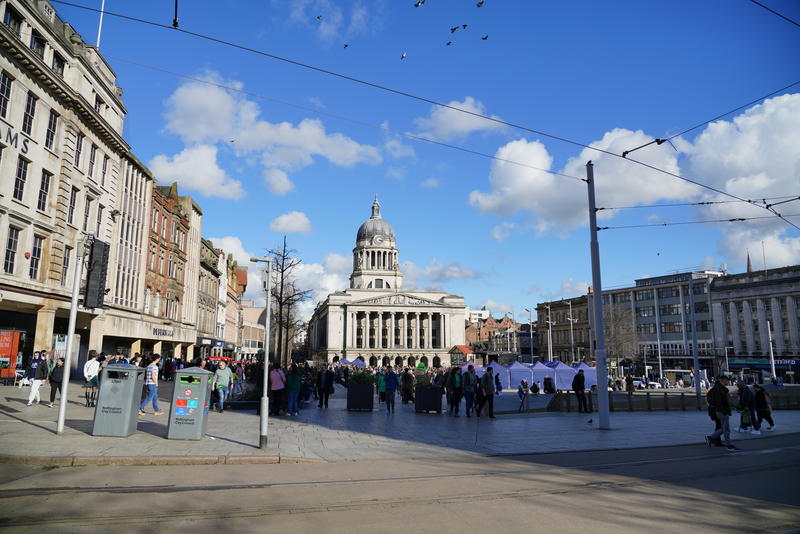A new study by Postdoctoral Fellow Dr Fanqi Zeng and former Head of Department Professor Federico Varese suggests that some organised crime groups govern their local community, and in doing so, actually reduce the levels of ordinary crime.
Governance-type organised crime groups often exercise a degree of authority over communities, by imposing restrictions on people’s behaviour, enforcing agreements, solving disputes, and imposing a rough kind of justice – in some cases, basically taking over state functions.
Using data gained from interviews with local officials and analysis of police calls from 2012 to 2019, this Nature Cities paper examines two similar working-class neighbourhoods in the British city of Nottingham: Bestwood and Bulwell.
While comparable in terms of socio-demographic factors, the neighbourhood of Bestwood has been the home of an entrenched, governance-type organised crime group for many decades, while in the area of Bulwell, no organised crime group is present.

Nottingham city centre by Dr Fanqi Zeng
Active since the 1980s, the ‘Bestwood Cartel’ has been linked to multiple murders, police corruption and large-scale drugs trafficking.
The group is perceived to be the ‘real authority in the community’, with any local issues or disputes solved by the gang’s boss, Colin Gunn.
In return for loyalty, the group is capable of acts of generosity towards the neighbourhood, such as funding community events or donating to local schools.
They are therefore seen as trustworthy mediators adept at resolving conflicts and rectifying injustices – consequently, individuals often reach out to the gang rather than police.
The paper notes:
The gang policed ordinary crime. An officer who has worked in Bestwood in the 1990s and 2000s recalls that, in his time on the estate, “you didn’t commit burglaries or car thefts or the like on the Bestwood Estate because Colin would police that himself and he was more effective in dealing with it than the police.”
The study found that certain types of crime were significantly lower in Bestwood than Bulwell – including anti-social behaviour, burglary, civil disputes, criminal damage and violence against the person – suggesting the presence of the organised crime group reduced expressive crime and crimes that affect the business community.
Dr Fanqi Zeng highlighted the implications of the paper:
Our work calls for a revision of traditional theories, such as the weak-state explanation, regarding the emergence of criminal governance in cities.
The emergence of such a governance-type organised criminal group in an English city that is neither impoverished nor primarily composed of immigrants presents a puzzle that needs to be addressed.
Despite the presence of the gang in Bestwood, no serious crime took place.
The findings confirm that governance-type organised crime can emerge in non-immigrant, less affluent communities, challenging traditional explanations of criminal governance.
Federico Varese, Professor of Sociology at Sciences Po, said:
This research highlights that British-born gangs can exercise control over communities in England. Thus, the phenomenon of criminal governance is not only a feature of traditional mafia territories, like western Sicily, or part of Latin America, but of the UK too.
In the past, studies of organised crime in cities have traditionally concentrated on the Global South or ethnic enclaves within the Global North. However, this paper provides evidence of governance-type organised crime in communities where the main actors are white and British-born, and where the state is not weak or emerging from many years of civil war.